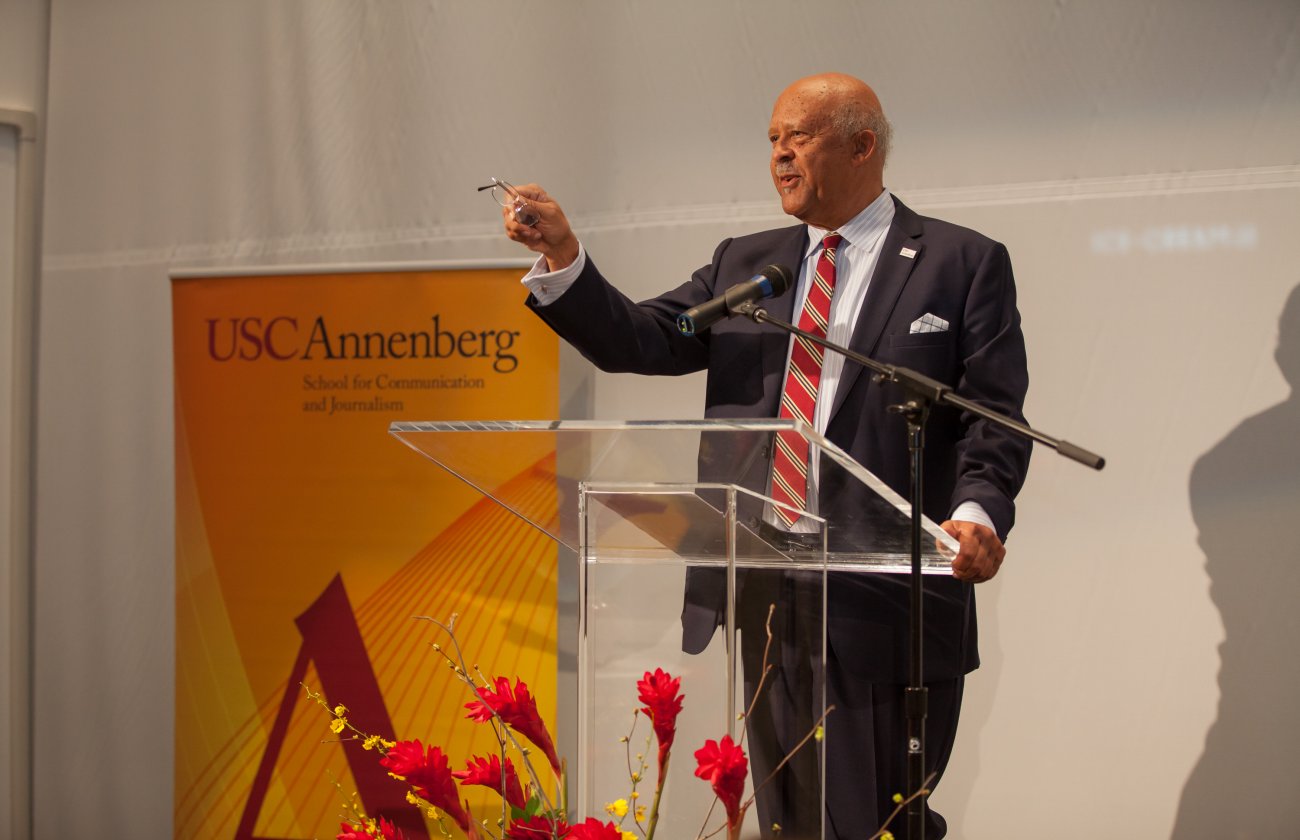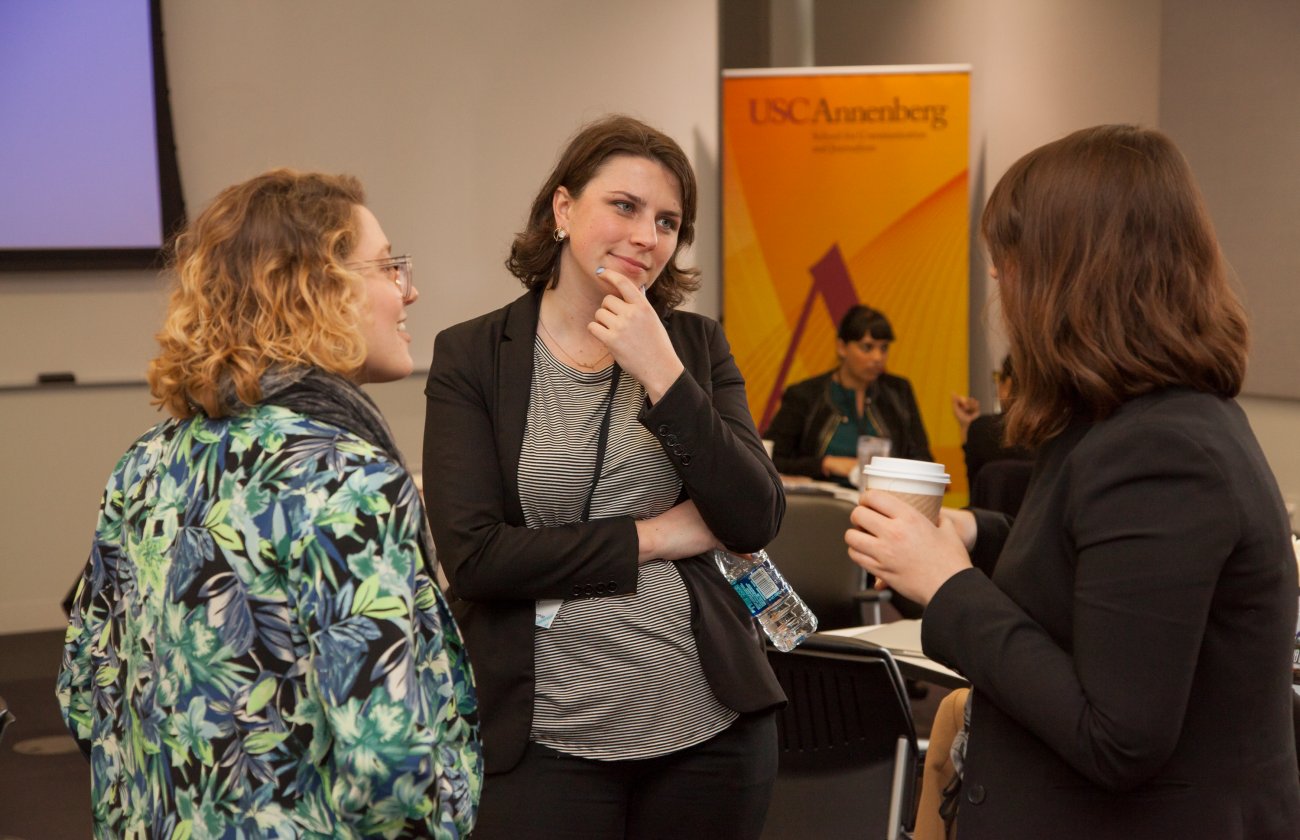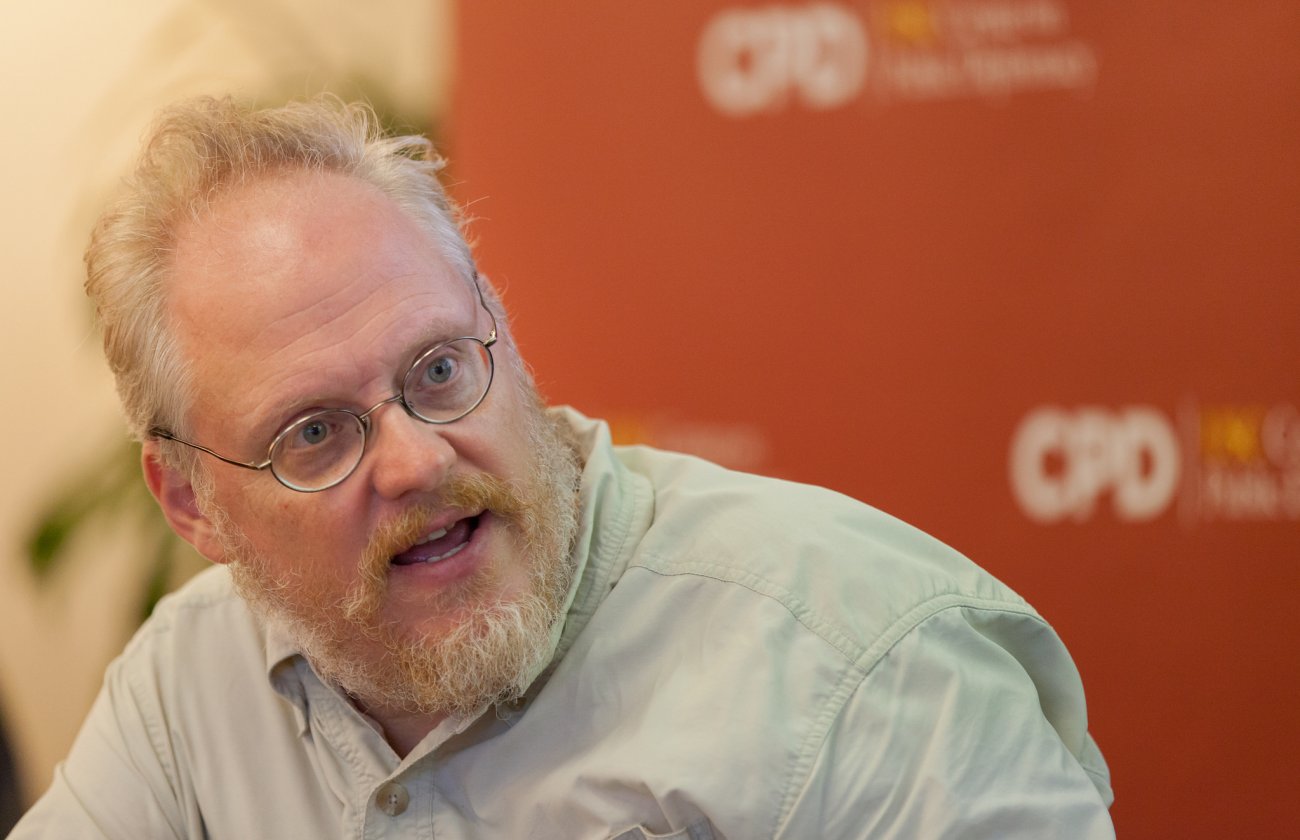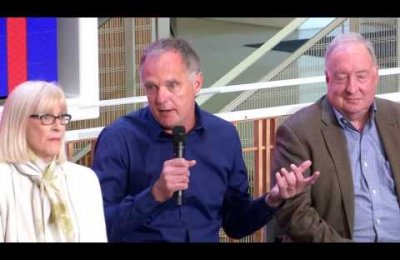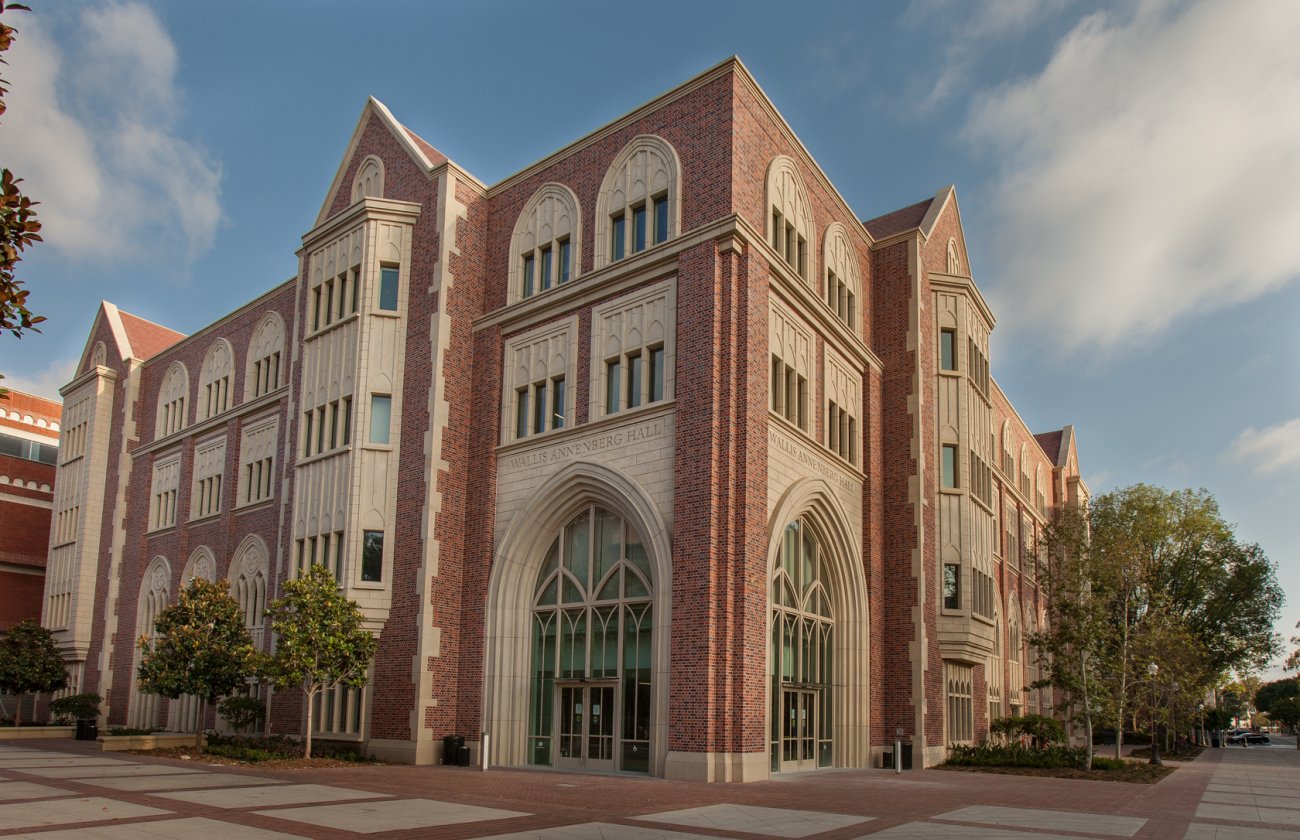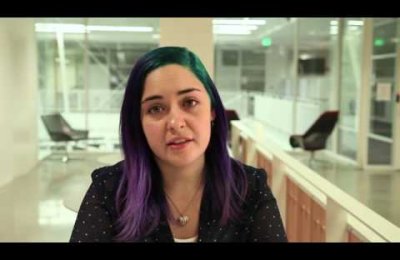By Kristen Villarreal
Over the coming months, a select group of journalists from major news organizations around the country will publish in-depth pieces exploring a range of topics including women’s healthcare in Texas, health risks faced by children in Detroit and the costs of care for aging prisoners.
The 22 grant-winning journalists gathered for five days in Los Angeles as part of a program administered by USC Annenberg’s California Endowment Health Journalism Fellowships that focuses on health and place. The fellowships encourage grantees to explore how the location a person lives in can impact his or her mental, physical and emotional health.
The grants, ranging from $2,000 to $6,000, were funded by the Dennis A. Hunt Fund for Health Journalism and the National Health Journalism Fellowship - initiatives that aim to change the way journalists and the public view health reporting.
“Our program has helped to redefine the health beat in news outlets across America, encouraging journalists to include an exploration of how community conditions influence health,” said Michelle Levander, founding director of The California Endowment Health Journalism Fellowships.

The group’s first field trip focused on housing and homelessness. Grantees visited Los Angeles’ Skid Row, a highly populated hub of homeless Angelenos, the majority of whom face drug-related, mental and physical health problems. They also visited the Center for Community Health, one of the dozen downtown clinics that provide a wide range of care for homeless people.
The trip was prefaced by an hour-long talk from best-selling author and Los Angeles Times Columnist Steve Lopez. Lopez is best known for his column on homelessness and mental health as he came to know Nathaniel Ayers, a homeless, schizophrenic, Julliard alumnus. His talk focused on his relationship with Ayers and how what started as an interesting topic for his column became a defining moment in his life and a window into the often under-reported mental health beat.
One fellow, New America Media’s Anthony Advincula, aims to shed light on the mental health of U.S.-born children who have experienced the deportation of one or both parents. Advincula is one of 15 National Health Journalism Fellows who received a $2,000 grant for his proposal.
“I did initial research on this topic, and while the media has been covering the consequences of deportation on children, whether they are being adopted or are ending up in foster homes, their mental health has been underreported,” Advincula said.
Advincula wants to use anecdotal storytelling to express vividly the trauma and depression of the individuals he interviews.
“Just like Mr. Lopez, I think there is a power in storytelling through the lens of a person being affected by the law,” Advincula said.
The winning 22 projects stood out from a pool of over 80 submitted proposals, a number that made the evaluation process tough for the eight judges.
“We had so many great projects to choose from,” Levander said. “In the end, a consensus emerged on those that broke new ground, that tackled reporting on familiar problems in innovative ways and that promised to engage policy makers and community members with valuable insights and data.”

“In 2011, the legislature basically decimated financing for our family planning system, and now they are trying to rebuild a network of family planning providers in the state,” Aaronson said. “My project is going to look at the two financing streams and compare the impact they are having on women’s access to healthcare and family planning services.”
Aaronson said she plans to use the grant to collect data, hire consultants to assist with the comparison of programs and eventually build a data application and interactive map to show how access to women’s healthcare and services have changed across the state.
PBS NewsHour reporter and producer Jason Kane will use his Dennis A. Hunt grant to build a multimedia map that allows people to see the impact of food insecurity on low-incomechildren throughout the country.
“Some of the research that has been conducted over the past several years looks at physical ways children are impacted when they don’t have a reliable source of food for even a brief period of time in their childhood,” Kane said. “We’ll be looking at that research as well as different strategies that are being employed in different communities around the country that seem to be working and explore whether the ones that you hear about all the time are actually working.”
According to Kane, his project will ask whether tactics like offering food stamps in farmer’s markets can combat “food swamps,” which refers to the overwhelming amount of cheap and seemingly more affordable junk foods in convenience stores and supermarkets.
“We are heartened to see our fellows tackle these important and complex topics in investigative and explanatory projects,” Levander said. “We expect great things from them.”
For a full list of grantees and project topics, click here.
To view more pictures from the housing and health field trip, click here.

